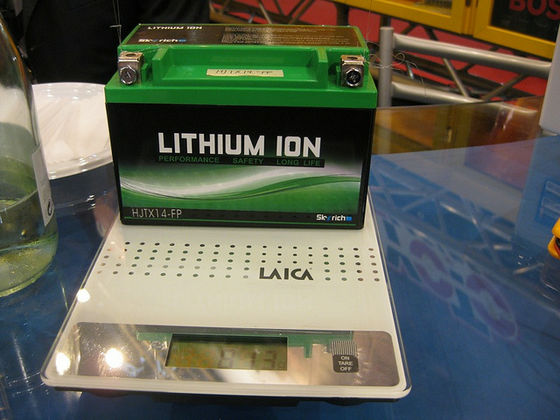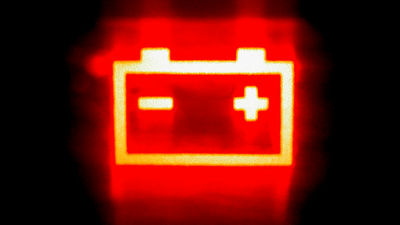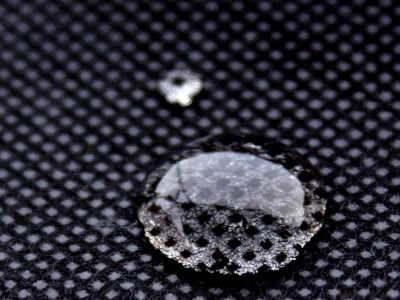Is "salt water" the key to make lithium ion batteries safer?

ByImmortal_undead
Lithium-ion batteries are rechargeable, have high energy storage capacity, and have the characteristic of requiring minimum consumption when not in use. In modern times, lithium ion batteries are installed in many digital terminals such as smart phones, laptops, tablets, etc., and many people enjoy this advantage. However, for smartphones and otherFiring accidentAs it happens frequently, lithium ion batteries are still having problems with safety, cost, environmental influences, etc. Research to make such a lithium ion battery safer is done.
"Water-in-salt" electrolytes can make lithium-ion batteries safer | Ars Technica
http://arstechnica.com/science/2015/11/water-in-salt-electrolytes-can-make-lithium-ion-batteries-safer/

Concern over the safety of lithium ion batteries has been in the "electrolyte used for batteries". Electrolyte is important as "charge passage" to help charge transfer between electrodes, but it is very flammable and it tends to cause chemical reaction with other constituent elements (such as electrodes) of lithium ion battery , And there was a problem that it was necessary to use substances with high toxicity. Safety measures against flammable electrolytes are taken in expensive processing steps when assembling lithium ion batteries, but this seems to limit the function as batteries.
However, among the newly published research, it has been demonstrated that aqueous electrolytes increase the safety of lithium ion batteries. Because the aqueous electrolyte has a narrow electric window and low electrochemical stability, the voltage range of the lithium ion battery is limited by the conventional method. On the nonaqueous electrolyte, on the other hand, the electrode is extremely functional and it is possible to produce a very wide range of voltage. During charging, the solid electrolyte is decomposed to form a layer on the surface of the electrode, but this layer creates a high voltage to prevent the movement of electrons while allowing the movement of ions.
This phenomenon is pointed out as "a film that occurs on the surface of the electrode at the time the electrolyte decomposes at the time of charging", but in the case of the aqueous electrolyte, since the electrolyte to be decomposed is water, it is "hydrogen" Oxygen "and" hydroxide ion (OH -) ", none will deposit on the surface of the electrolyte. That
Therefore, in the past it was generally thought that the voltage of the aqueous electrolyte is lower than that of the solid electrolyte. As concrete numerical values, in the case of aqueous electrolyte, lithium ion batteries are expected to have a low voltage of less than 1.5 V and energy density of about 70 Wh / kg. For this reason, many electrolytes currently use solid electrolytes
is.

ByPinkyracer
On the other hand, in a new study, we have devised a method to create a "lithium ion battery that is more safe than conventional ones" using "lithium salt" and "water". What was found in the research was a complex that meets the complicated condition of "a lithium salt that is highly soluble in water and stable and produces a solid substance in an aqueous medium that does not have solubility by receiving a specific potential". Although it seems that a small number of lithium salt satisfies this, the researcher "Lithium bis (trifluoromethanesulfonyl) imide(LiTFSI) "on the lithium salt.
Experiments using a highly concentrated solution of LiTFSI show that lithium ions overwhelmed the number of water molecules and many ions in the salt water showed abnormal reactions. And the interaction between lithium ions exceeds the typical water ion interaction seen in the salt water, and lithium ions surround the electrode due to mutual reaction between the ions and obtain electrons. And it seems that the electric window has steadily risen to 3 V due to this lithium ion film formed on the electrode. It is also clear that overall electrochemical stability increases as LiTFSI concentration increases.
Although it is safer than traditional lithium-ion batteries and a method of making high-voltage lithium ion batteries was devised by research, it is unknown how long it will take to put into practical use.
Related Posts:
in Science, Posted by logu_ii







